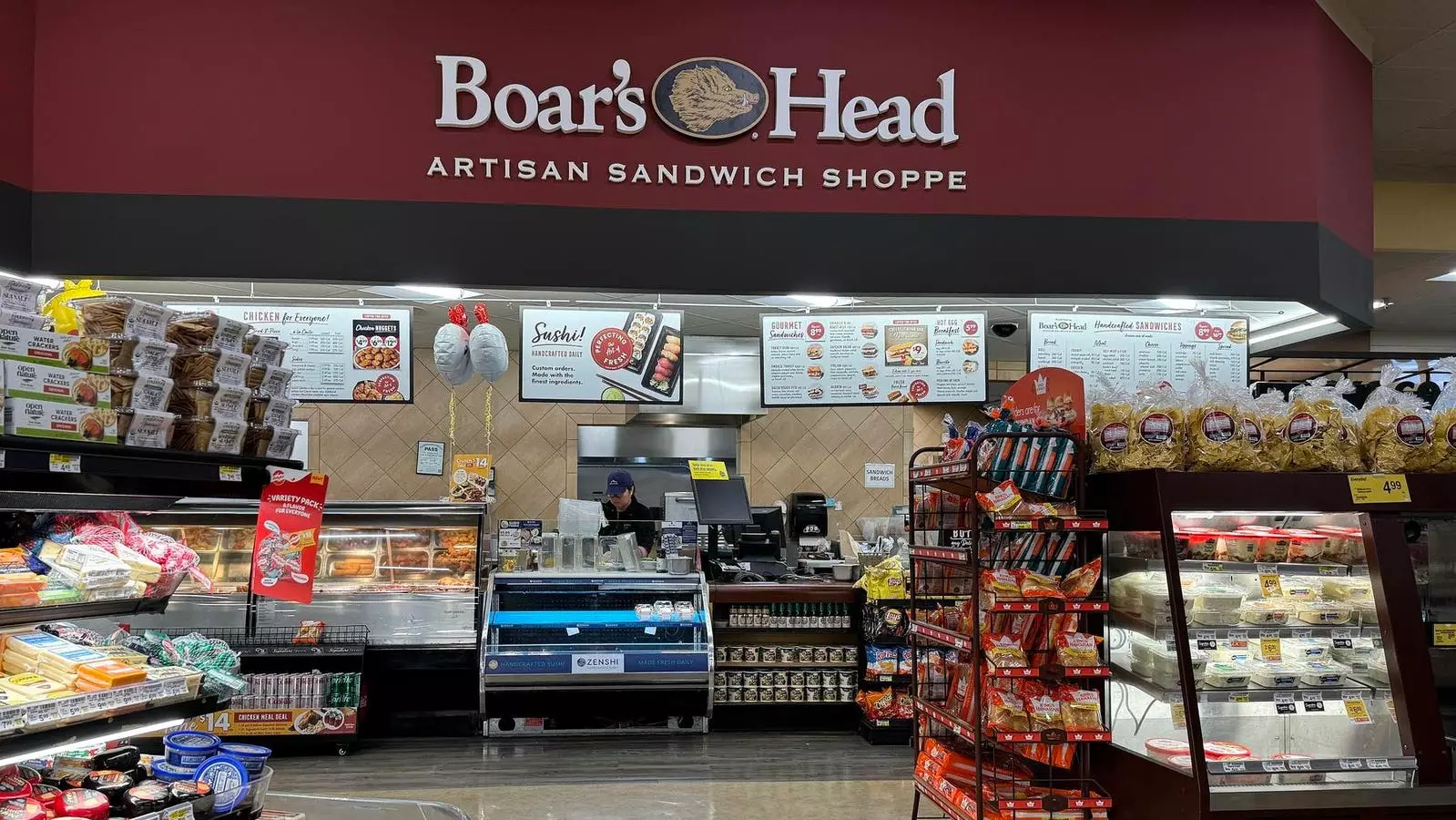As one of America’s premier deli meat companies, Boar’s Head has carved out a niche that allows it to dominate the market with an extensive range of products. However, beneath the glossy exterior of the brand lies an intricate web of practices—some controversial—that raises questions about how such a massive entity manages its relationships with distributors and retailers. Insights from former employees reveal a culture of intimidation that shapes the company’s retail strategy and gives rise to a narrative fraught with ethical implications.
In conversations with several former employees, a consistent theme emerges: an aggressive approach is taken by both Boar’s Head and its network of authorized distributors. According to these former insiders, Boar’s Head instills a sense of fear among distributors, who, in turn, carry this intimidation into their dealings with retailers. As one ex-employee articulated, the company’s operational style has garnered a reputation not for collaboration but for coercive partnerships, wherein intimidation is viewed as an effective tool to secure favorable shelf space and consumer visibility.
This aggressive posture raises several concerns. Firstly, it suggests a potentially exploitative relationship model that prioritizes revenue generation over ethical considerations. Such dynamics could stifle smaller competitors and result in a homogenized marketplace where the voices of smaller brands are drowned out. Retailers, often caught in the crossfire of these tactics, may choose to comply with Boar’s Head’s demands rather than risk losing valuable partnership opportunities.
In a broader context, the controversy surrounding Boar’s Head is symptomatic of deeper issues within the American food supply chain. As discussions about sustainability, food security, and ethical sourcing become central to public discourse, it becomes clear that many of these conversations were notably absent from the political arena, particularly leading up to the 2024 U.S. presidential elections. Voter concerns about food scarcity and corporate monopolization of food systems were overshadowed by other pressing issues, leaving the intricacies of food governance largely neglected.
Furthermore, the rise of wellness influencers endorsing political candidates in hopes of dismantling corporate monopolies suggests a growing awareness and dissatisfaction with the current state of food distribution. Yet, the effectiveness and sincerity of such endorsements remain in question. Can political will genuinely transform a system that has profited from monopolistic practices for decades?
For the average consumer, the implications of Boar’s Head’s business practices extend beyond just deli meat purchases. The systemic issues present in food distribution can lead to higher prices, decreased innovation, and fewer choices at grocery stores. As small brands struggle to compete against giants employing these dubious tactics, consumers may inadvertently support a food landscape that is less diverse and increasingly standardized.
Moreover, public trust in food safety practices is compounding. Recent foodborne illness outbreaks and recalls—not unique to Boar’s Head—bring attention to the vulnerabilities within our food systems, suggesting that the intertwined nature of corporate ambition and public health can lead to significant consequences.
As the food landscape evolves, it becomes imperative to advocate for more regenerative and resilient agricultural practices. A shift away from intimidation and toward collaboration and sustainability could promote a healthier food ecosystem that benefits both producers and consumers. Legislative efforts aimed at supporting smaller producers, alongside investments in ethical business practices, could pave the way for a more equitable distribution of power and resources in the food supply chain.
The complex narrative surrounding Boar’s Head’s retail strategies offers a lens through which we can examine larger failings in our food systems. To foster a healthier, more diverse food ecosystem, stakeholders—from producers to consumers—must engage in dialogue and action that elevates ethical practices. This shift will require a collective effort to address the underlying issues that pervade our approach to food distribution, ultimately resulting in a more sustainable and equitable food future.


Leave a Reply